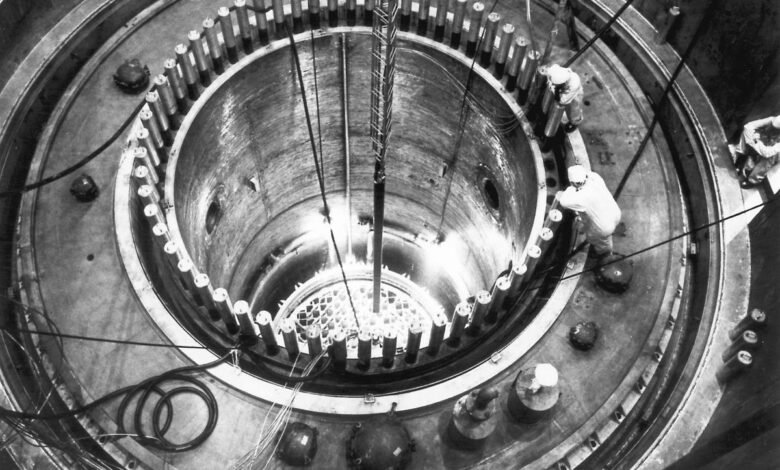Google Revives Shuttered Nuclear Power Plant

▼ Summary
– Google is partnering with NextEra Energy to reopen the Duane Arnold Energy Center, a nuclear plant in Iowa that closed in 2020 after storm damage.
– The plant was originally designed to produce 601 megawatts and will gain an additional 14 megawatts of capacity after recommissioning.
– NextEra aims to restart the facility by 2029, with Google agreeing to purchase the majority of its power for 25 years.
– This initiative is part of a broader trend where tech companies are reviving nuclear power to meet rising electricity demands for data centers.
– Restarting reactors is faster than building new plants, but companies are also using solar and batteries for quicker deployment.
In a significant move for clean energy infrastructure, Google has partnered with NextEra Energy to recommission the previously shuttered Duane Arnold nuclear power plant in Iowa. This collaboration marks a major step in securing long-term, carbon-free electricity for Google’s expanding data center operations. The facility had been offline since 2020 following storm damage.
NextEra spent the last year searching for a partner willing to support the reactor’s restart, ultimately finding a committed ally in Google. The tech giant continues to aggressively pursue zero-carbon energy sources to meet the substantial power demands of its global data network. Specific financial details of the arrangement have not been made public.
The Duane Arnold Energy Center was forced to close after a powerful derecho caused significant harm to a section of its secondary containment structure. This system plays a critical role in preventing any potential release of radioactive materials. Originally built to produce 601 megawatts, the upgraded plant is projected to deliver an extra 14 megawatts upon its return to service.
Plans are currently targeting a 2029 restart for the nuclear facility. Google has committed to purchasing the majority of the plant’s power output under a 25-year agreement. The remaining electricity will be sold to the Central Iowa Power Cooperative under similar conditions. NextEra has indicated it holds agreements to acquire the cooperative’s existing 20% stake, along with the shares of another minority owner.
This project is part of a broader resurgence in nuclear power, largely driven by technology firms and data center developers. After more than a decade of stagnant electricity demand, these energy-intensive companies are now actively seeking new, reliable power sources. The Iowa reactor is not an isolated case; last year, Microsoft announced a partnership with Constellation Energy to restart a reactor at Three Mile Island that was deactivated in 2019. That project carries an estimated cost of $1.6 billion and aims to bring the 835-megawatt unit back online by 2028.
Recommissioning existing nuclear plants is widely seen as a faster alternative to constructing entirely new facilities, potentially cutting years off the development timeline. Despite this advantage, these endeavors remain multi-year projects, placing them in direct competition with new natural gas plants, which also require extensive development periods.
To address more immediate power needs, companies like Google are simultaneously investing in technologies that can be deployed rapidly. Solar energy installations paired with battery storage systems can often be operational within months, offering a swift solution to power new data centers while longer-term nuclear projects are underway.
(Source: TechCrunch)

